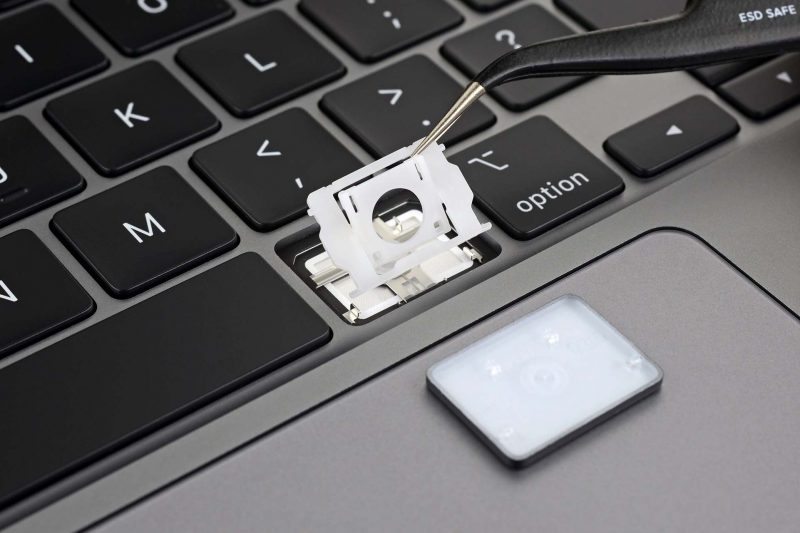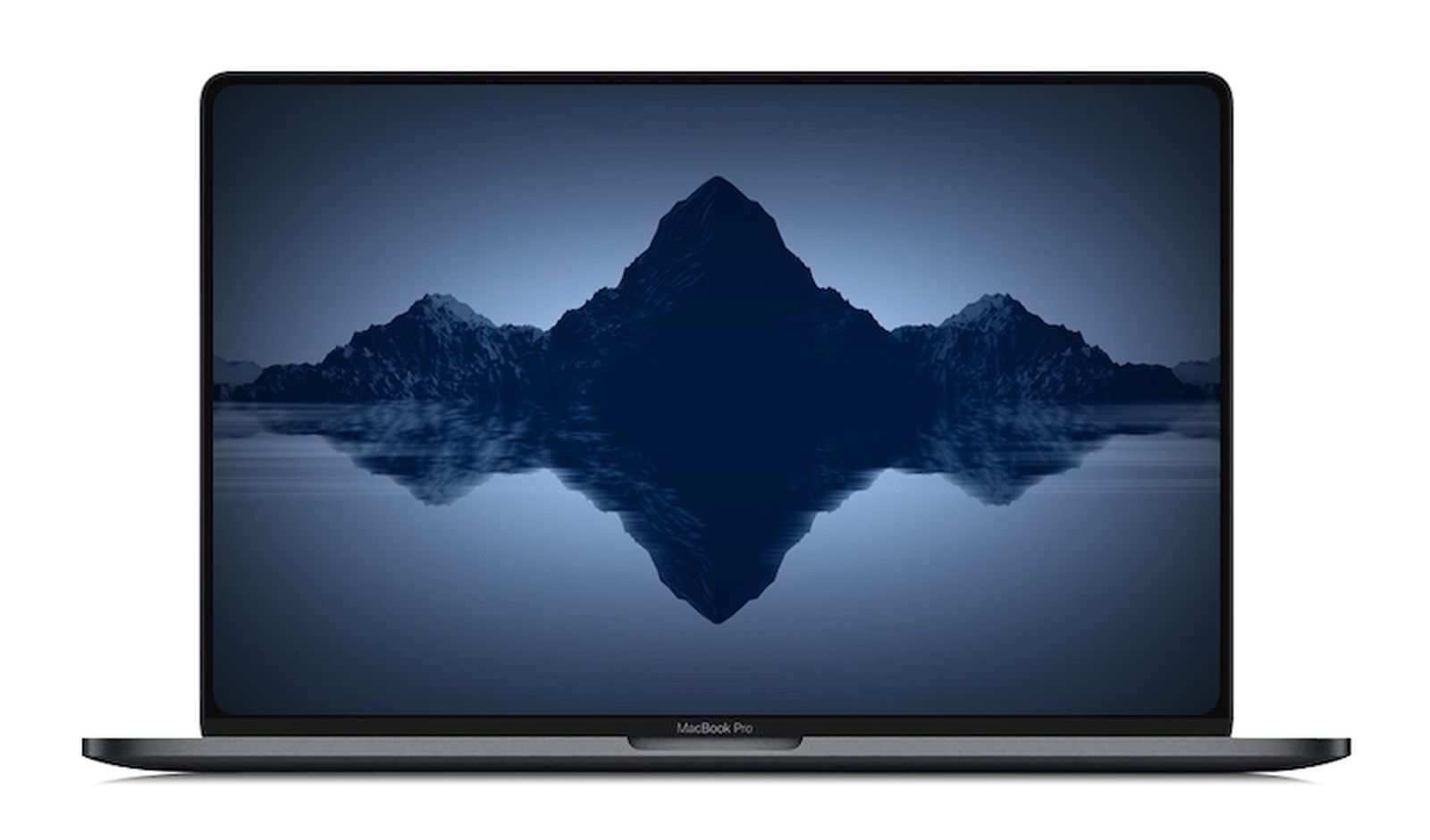Why would the screen refresh rate have anything to do with the CPU as opposed to GPUI think the 4 year design thing is dead for now. We know ARM is coming in likely less than four years, and the MBP will surely get a full tilt redesign then. So I think this 16" gives us enough of an evolutionary freshening to tide us over for a couple years until ARM MBPs and the inherent redesign they will come with.
Unrelated, is it true that ProMotion requires 10nm processors, and both Comet Lake and Ice Lake are still 14nm chips? Meaning ZERO chance of a 16" ProMotion MBP in the next 16" update next summer?
Razer has had 120 and 240 hz refresh on it's laptops and they don't have a speial deal with Intel for 10nm chips.
I must be missing something?



